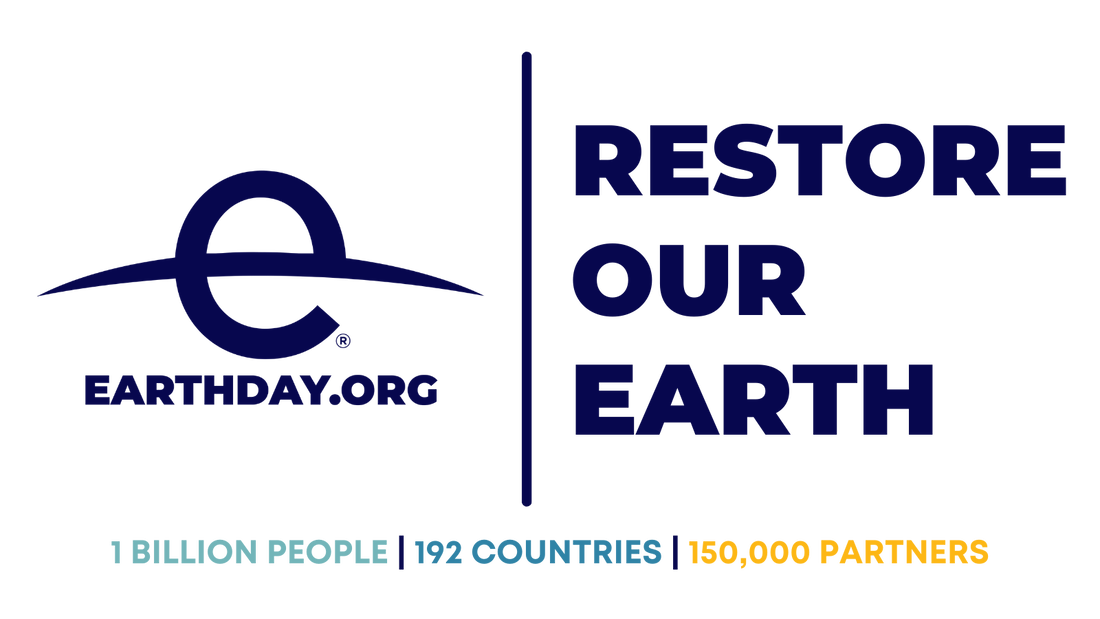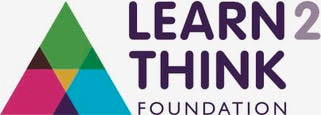How can we get young people thinking critically and with tolerant attitudes about climate change?
The sheer amount of information and resources about climate change available can seem overwhelming, so we’ve made a start by creating a thought-provoking Climate Quiz for KS2 Upper and KS3. We guarantee many of the answers will be surprising! You’ll also find a 6 min video resource to get children generating their own questions and begin deepening their thinking.
Since its inception in 1970, Earth Day has seen the advent of significant, world-changing environmental events, including the recent signing of the Paris Agreement. This year we've partnered with EarthDay.org to bring you free resources not just to support the growth of environmental awareness but also the idea of climate justice and a fairer, sustainable future for all. Earth Day is marked on 22nd April, and these resources can be used in the classroom all year long.
We’ve partnered with EarthDay.org in our focus on climate change. They have launched their Climate Week Educational Toolkit which you can access here and or explore 51 Actions for Earth Day here.
Soon we'll be launching a podcast (16+) explaining the UN’s Sustainable Development Goals and how addressing sustainability challenges can help us address climate change, inequality, biodiversity and other 'wicked' problems.
Resources from our Partners:
EARTHDAY.ORG™ increase awareness and build environmental and climate literacy in students around the world. See the multitude of ways your school can take part. https://www.earthday.org/campaign/environmental-education/
UNESCO, The patrons of our Tolerance Day programme believe that "education is crucial to addressing climate change, as it enables people to acquire the knowledge, skills, values and attitudes needed to mitigate the impact of global warming and contribute to sustainable development.” They are supporting various education initiatives around the world, lobbying of the governments meeting at COP 26, and have produced a 'Climate change starter's guidebook: an issues guide for education planners and practitioners’ available here.
P4C practitioner Lukasz Krzywon has developed an Ethics of Climate Change Toolkit - A Classroom Enquiry for Senior Schools which explores moral problems related to climate change using critical, collaborative, and creative thinking.
The toolkit contains a short and useful introduction to a five-step enquiry process, tips on simple facilitation techniques and five comprehensive scripts that touch on different ethical aspect of climate change - Motivation, Tragedy of the Commons, the Strike, Fairness and Responsibility, Carbon Credits.
(Lukasz ran a free interactive CPD workshop for teachers on Tuesday, April 27 (5-6pm BST), where he launched the new resource, ran a sample session, talked about enquiry-based approach and gave some handy tips for facilitating discussion in the classroom.)
The sheer amount of information and resources about climate change available can seem overwhelming, so we’ve made a start by creating a thought-provoking Climate Quiz for KS2 Upper and KS3. We guarantee many of the answers will be surprising! You’ll also find a 6 min video resource to get children generating their own questions and begin deepening their thinking.
Since its inception in 1970, Earth Day has seen the advent of significant, world-changing environmental events, including the recent signing of the Paris Agreement. This year we've partnered with EarthDay.org to bring you free resources not just to support the growth of environmental awareness but also the idea of climate justice and a fairer, sustainable future for all. Earth Day is marked on 22nd April, and these resources can be used in the classroom all year long.
We’ve partnered with EarthDay.org in our focus on climate change. They have launched their Climate Week Educational Toolkit which you can access here and or explore 51 Actions for Earth Day here.
Soon we'll be launching a podcast (16+) explaining the UN’s Sustainable Development Goals and how addressing sustainability challenges can help us address climate change, inequality, biodiversity and other 'wicked' problems.
Resources from our Partners:
EARTHDAY.ORG™ increase awareness and build environmental and climate literacy in students around the world. See the multitude of ways your school can take part. https://www.earthday.org/campaign/environmental-education/
UNESCO, The patrons of our Tolerance Day programme believe that "education is crucial to addressing climate change, as it enables people to acquire the knowledge, skills, values and attitudes needed to mitigate the impact of global warming and contribute to sustainable development.” They are supporting various education initiatives around the world, lobbying of the governments meeting at COP 26, and have produced a 'Climate change starter's guidebook: an issues guide for education planners and practitioners’ available here.
P4C practitioner Lukasz Krzywon has developed an Ethics of Climate Change Toolkit - A Classroom Enquiry for Senior Schools which explores moral problems related to climate change using critical, collaborative, and creative thinking.
The toolkit contains a short and useful introduction to a five-step enquiry process, tips on simple facilitation techniques and five comprehensive scripts that touch on different ethical aspect of climate change - Motivation, Tragedy of the Commons, the Strike, Fairness and Responsibility, Carbon Credits.
(Lukasz ran a free interactive CPD workshop for teachers on Tuesday, April 27 (5-6pm BST), where he launched the new resource, ran a sample session, talked about enquiry-based approach and gave some handy tips for facilitating discussion in the classroom.)

